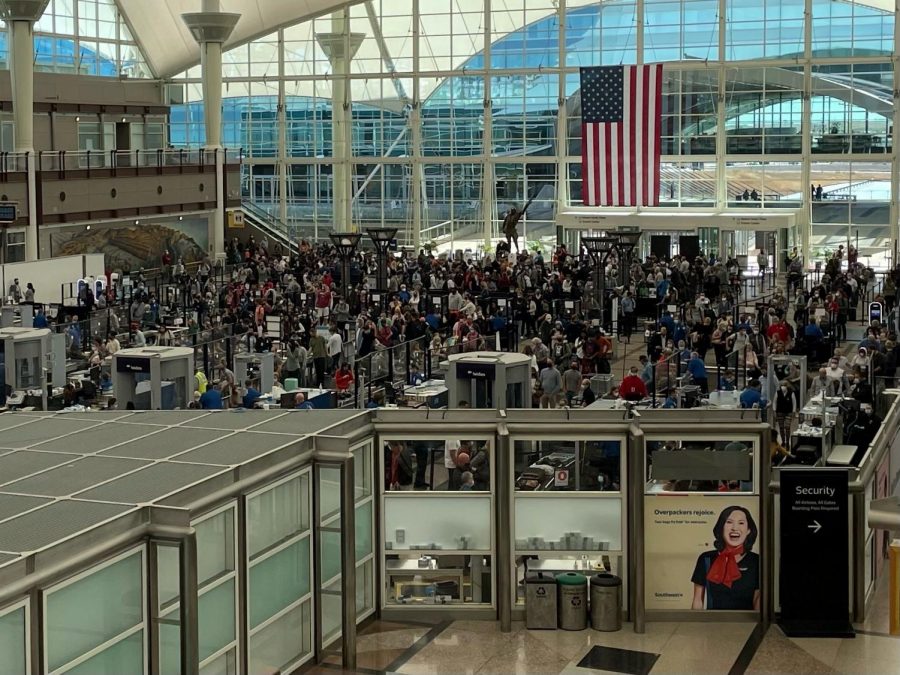The “Never Ending War” Comes to and End
In the past few months, the Taliban has taken total control of Afghanistan’s internal and external government, shortly after President Biden withdrew U.S. troops from the nation. Over the course of two months U.S. Troops withdrew from Afghanistan after a 20-year occupation. Evacuation processes removed tens of thousands of civilians from the country, allowing the Taliban to regain control with unexpected speed. As a broad, diverse community, Our students have developed varying opinions on the conflict throughout its duration.
“When you spend two trillion dollars to get absolutely nothing, it’s better to leave rather than continue digging yourself a deeper hole,” Ashton Goering ‘23, a student at Regis Jesuit, said. “It’s a waste of time, money, and lives.”
According to The Washington Post, a total of 2.261 trillion dollars were spent to support the war in Afghanistan, which ultimately ended in the Taliban takeover. The newspaper estimates the American death count in Afghanistan at 2,352. The estimated amount of Afghan military and civilians is estimated at 113,245.
Clayton Scarth ’23, a player on the varsity soccer team at Regis Jesuit, focuses more on the conclusion of the war than on the war itself. “While I do believe it was good that U.S. Troops were evacuated, Biden could have done a better job evacuating civilians,” he said.
According to USA Today, since the Taliban seized control of the capital in Kabul, more than 82,000 people have evacuated from Afghanistan to date. After a bombing at the Kabul International Airport which killed over 60 Afghans and at least 12 US soldiers, the U.S. halted civilian evacuation as the Taliban took control of the airport. Approximately 1,500 Americans were still in Afghanistan when evacuations ended.
Macklin Gifford ’23, a student at Regis Jesuit, believes that the occupation of Afghanistan by the United States was a positive influence. He added that, during the U.S. occupation, “women had more opportunities to be able to get an education.”
In 2017, the Afghanistan Government while supported by the U.S., reported that as many as 39% of its 9.3 million school children were female. In 2001, before U.S. occupation began in the region, only 12.6% of students were female, signaling a significant increase in educational equity over time.
The events that took place over the past few months are unexplainably tragic. The war has taken a toll on many people, and the situation looks dire. But it doesn’t mean that there isn’t a future for Afghanistan. For it is Regis Jesuit’s mission to become Men and Women with and for others. And it is our duty to push our nation forward, and overcome dire challenges.






